ERP software (Enterprise Resource Planning) is an integrated enterprise information management system that helps businesses manage and coordinate all activities from planning, production, sales to finance. Especially for manufacturing enterprises, ERP plays a crucial role in optimizing processes, reducing costs, and enhancing productivity. This article will help you better understand the role of ERP and the essential features of an effective manufacturing ERP software.
Read more: What is ERP?
1. Production management
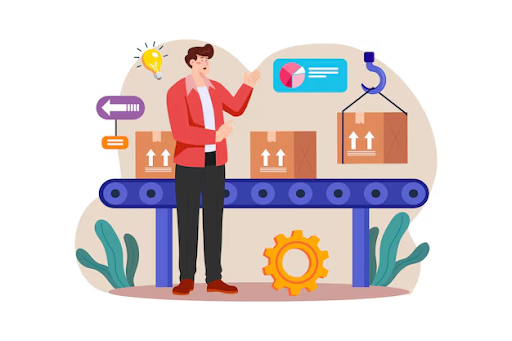
Production management is the core feature of every ERP software for the manufacturing industry. It allows businesses to:
- Production planning: Demand forecasting, production planning, and reasonable resource allocation.
- Monitor production progress: Provide real-time updates on the status of each stage, helping to detect and address issues promptly.
- Resource management: Ensure that machinery, equipment, and personnel are always used most efficiently.
A robust ERP system will provide an intuitive dashboard, making it easy for management to monitor the entire process from raw materials to finished products.
2. Warehouse and material management (Inventory Management)
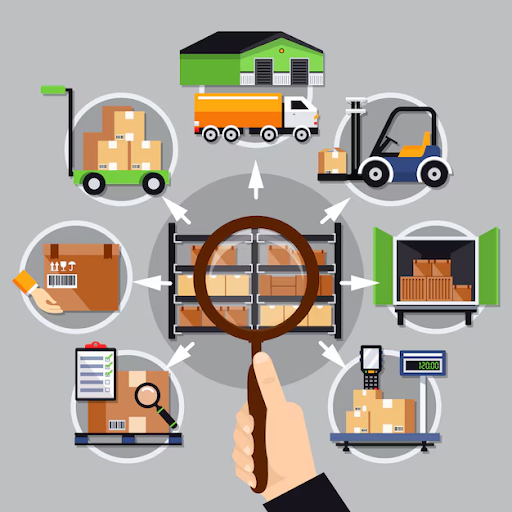
Warehouses and raw materials play an important role in production activities. This feature supports businesses:
- Inventory tracking: Accurately update the quantity of raw materials, semi-finished products, and finished products.
- Supply chain management: Monitor the flow of materials from suppliers to the warehouse and from the warehouse to the production lines.
- Inventory optimization: Minimizing the situation of surplus or shortage of materials, thereby saving costs.
Modern ERP can integrate with RFID technology or QR codes, helping to automate the inventory process and reduce errors.
3. Product quality management

In the manufacturing industry, product quality determines the survival of the business. A good ERP software will provide tools to:
- Quality control: Monitor quality indicators at each stage of production.
- Identifying defects: Detecting and addressing product defects before they are released to the market.
- Ensure standards: Meet ISO, HACCP standards or specific customer requirements.
Thanks to this, businesses can enhance their brand reputation and minimize quality-related risks.
4. Order management and planning
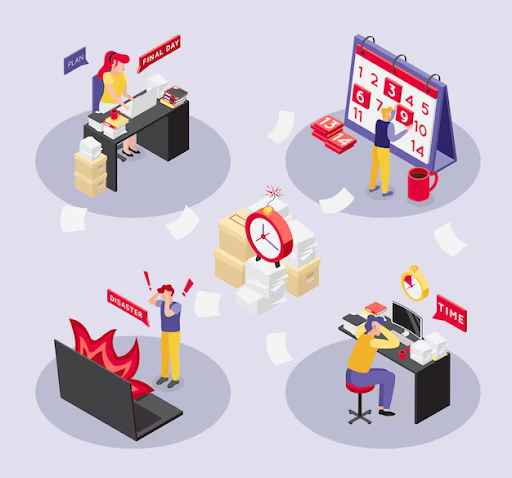
This feature helps businesses manage and optimize orders:
- Order management: Track from the moment the order is received, through production, until delivery is completed.
- Production scheduling: Prioritize important orders and allocate resources appropriately to meet deadlines.
- Integration with customers: ERP can provide a portal for customers to track the status of their orders.
Integrating order management with production scheduling helps businesses improve responsiveness and increase customer satisfaction.
5. Financial and cost management

ERP software not only manages the production process but also provides effective financial management tools:
- Monitoring production costs: Recording and analyzing costs related to materials, labor, and operations.
- Cash flow management: Controlling income and expenses, preparing transparent and accurate financial reports.
- Profit analysis: Evaluating business efficiency by each product or production line.
Having an integrated financial system helps businesses make strategic decisions more quickly and accurately.
6. Reporting and data analysis
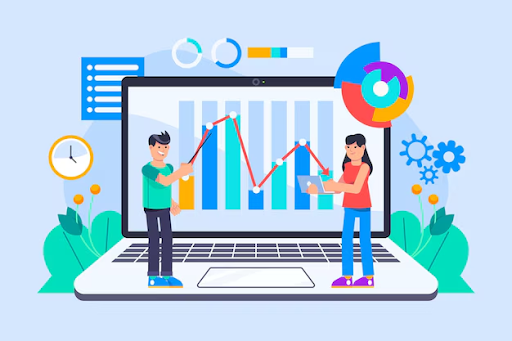
The goal of every business is sustainable growth and achieving optimal investment efficiency. Detailed analytical reports, supported by modern ERP software, are indispensable tools for evaluating the operational performance of the production department. Thanks to these reports, businesses can clearly identify strengths, weaknesses, and improvement opportunities, thereby making accurate business decisions. Especially, with the support of artificial intelligence (AI), the data analysis process becomes faster, more accurate, and more comprehensive. AI not only helps businesses closely monitor product quality and process efficiency but also provides deep insights into the entire supply chain. Thanks to this, businesses can optimize every stage of the production process, from planning to product distribution.
Some features of ERP software reporting:
- Real-time reporting: Displaying live data from the system to support decision-making.
- Trend analysis: Provide forecasts on market demand, production performance, and influencing factors.
- Custom report: Allows users to create reports according to specific needs.
This feature not only helps businesses grasp the current situation but also predicts future scenarios to prepare in a timely manner.
7. Integration of IoT and automation
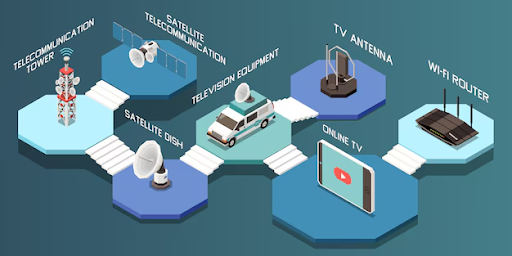
With the development of technology, modern ERP systems have the ability to integrate with IoT devices and automation systems:
- Machine monitoring: Checking the operational status and maintenance of machinery in real-time.
- Smart sensors: Collect data from the production line to optimize performance.
- Process automation: Minimizing manual intervention, increasing accuracy and production speed.
Thanks to this feature, businesses can transition to the "Smart Factory" model, enhancing their competitiveness.
8. Integrate CRM and SCM systems
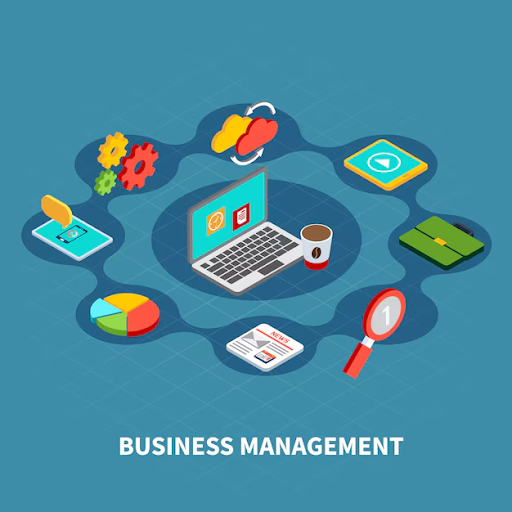
ERP software for manufacturing should seamlessly integrate with customer relationship management (CRM) and supply chain management (SCM) systems:
- Customer management: Storing information, tracking interactions, and improving customer service.
- Optimize the supply chain: Connect with suppliers to ensure a continuous supply of raw materials.
- Data synchronization: Connecting information from production to sales, ensuring a smooth operational process.
This integration provides a comprehensive view and enhances coordination efficiency between departments.
9. Conclusion
Investing in a comprehensive ERP system is not just a choice, but also a smart direction for businesses to compete and develop sustainably in the industrial era. 4.0. Carefully consider your business needs and look for an ERP solution that fully meets the above criteria. A proper ERP software not only helps businesses overcome challenges but also opens up opportunities for future growth. To learn more about ERP solutions, contact us for consultation and to receive free materials!